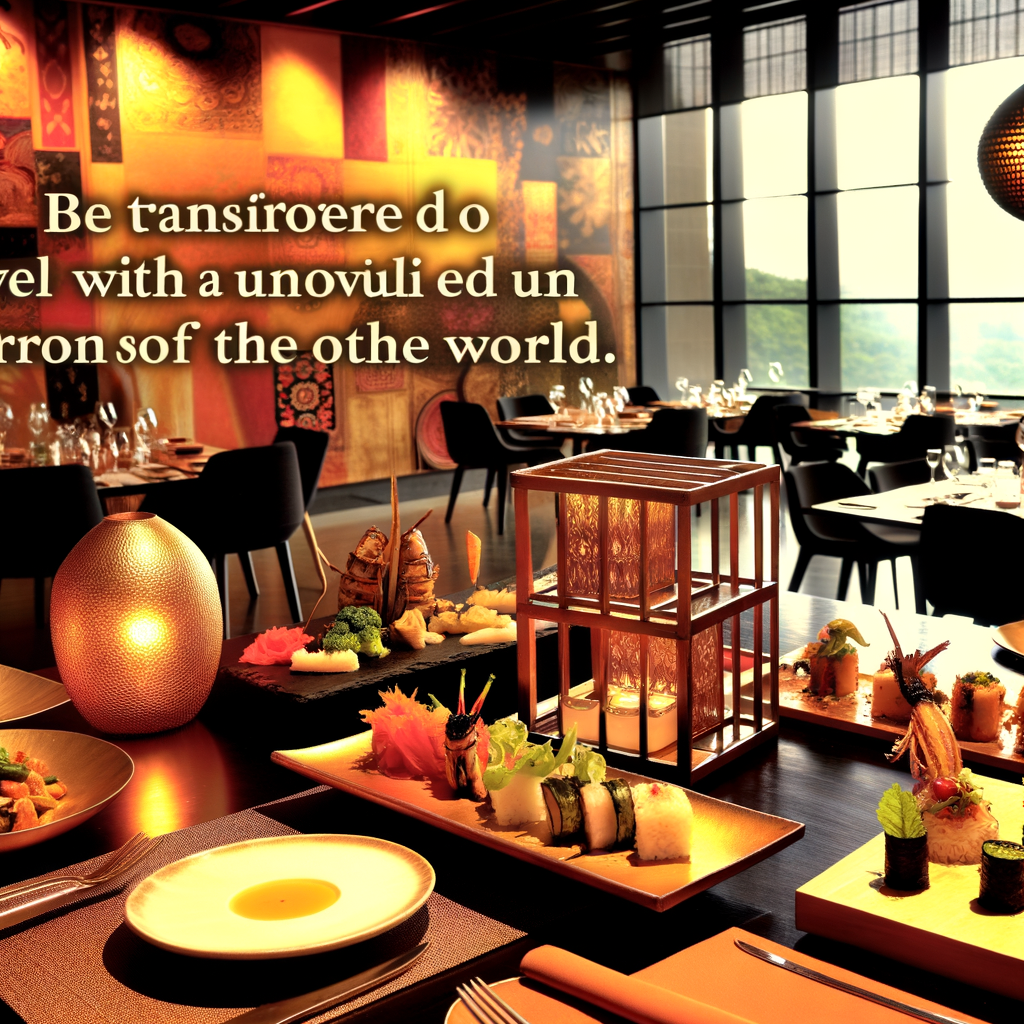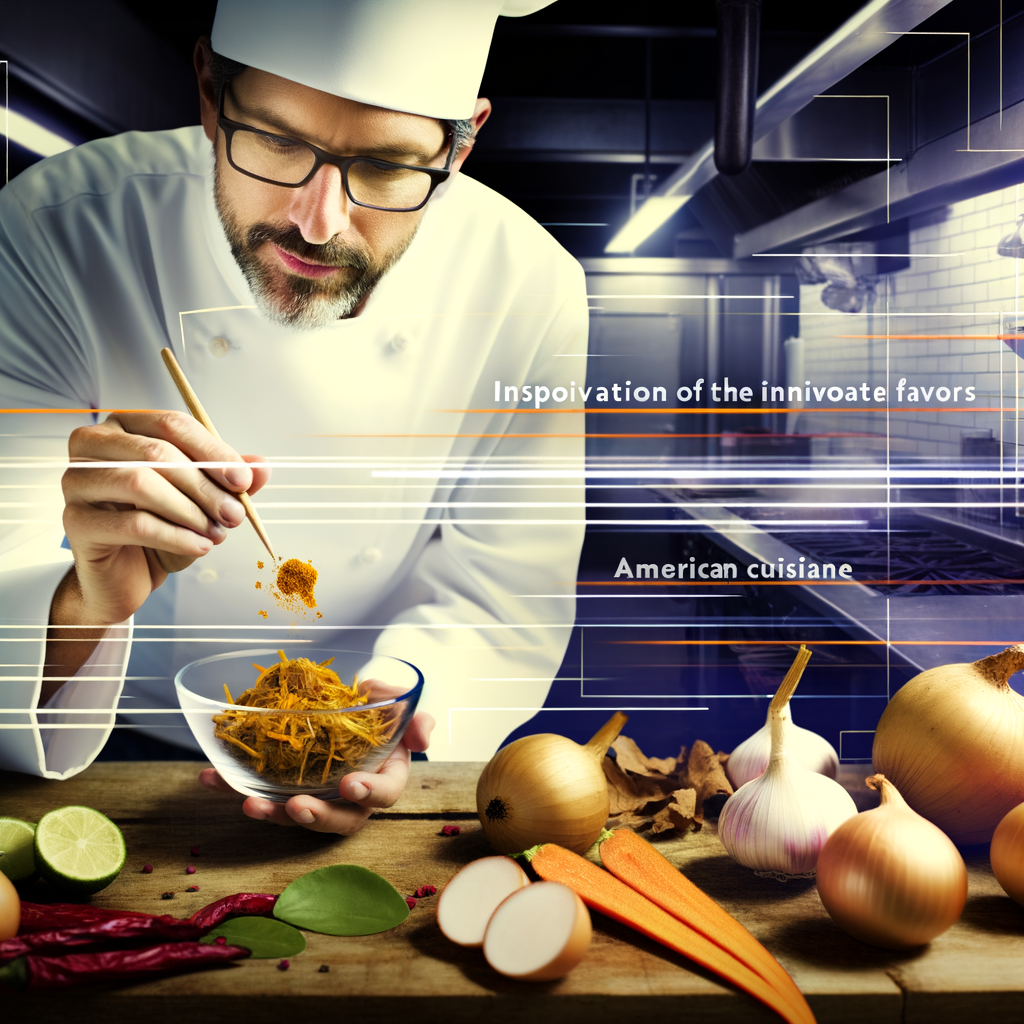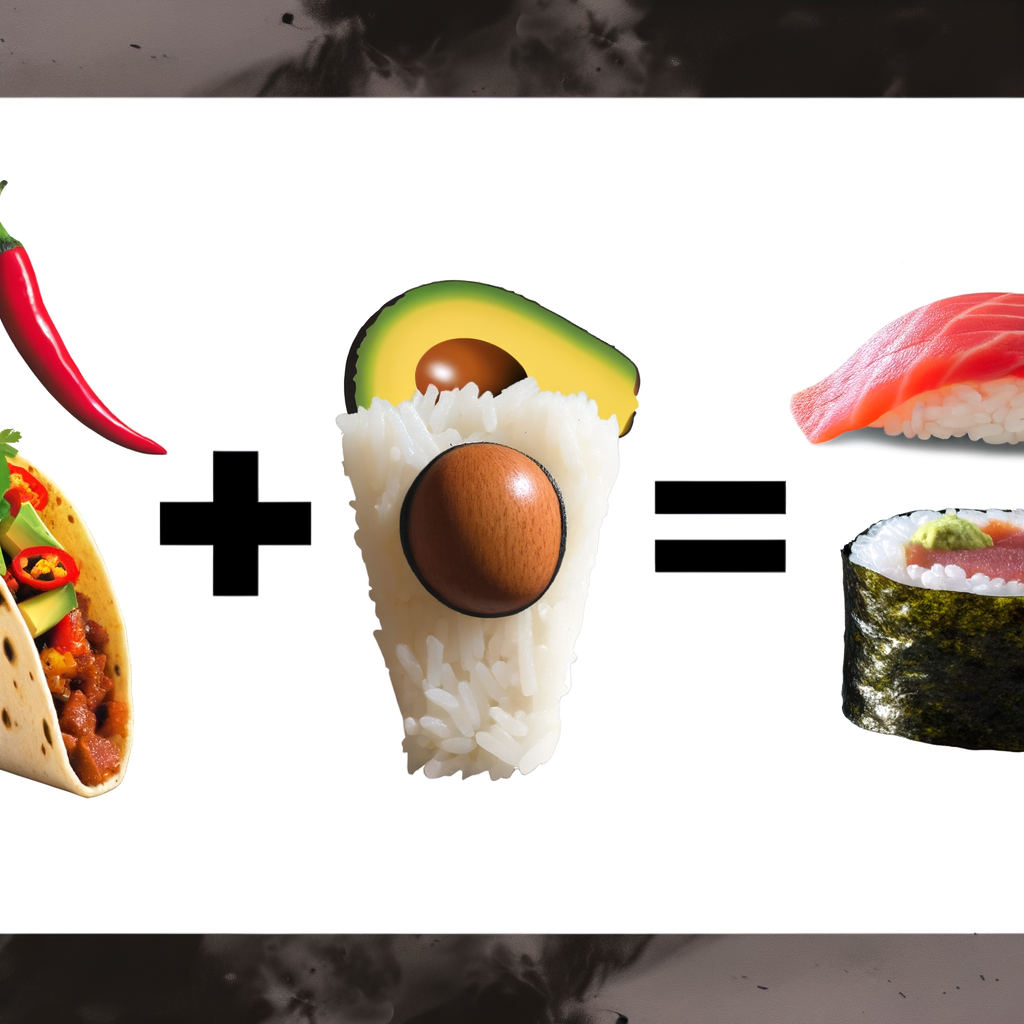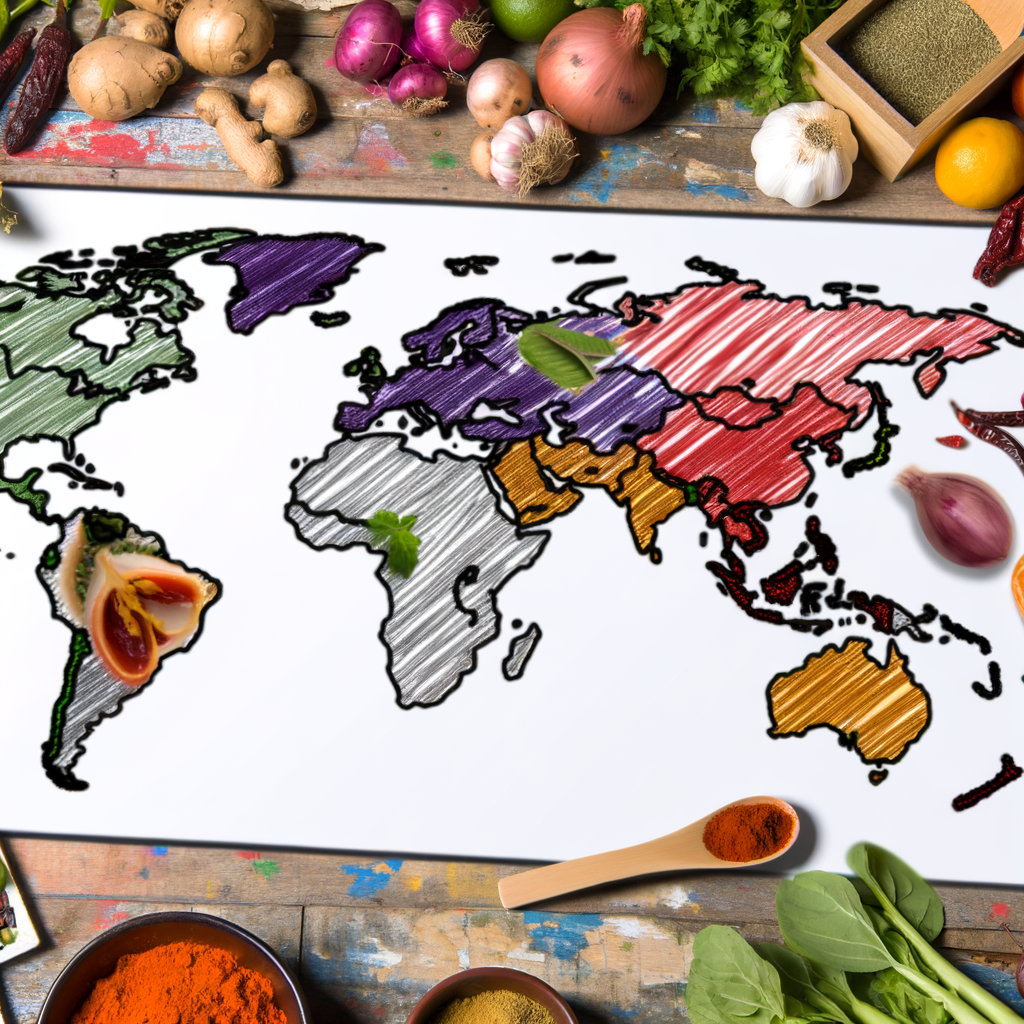As a chef, I have always been fascinated by the different flavors and ingredients that can be found all over the world. With globalization and the rise of travel, it has become easier than ever to experience new and unique cuisines from different cultures. In recent years, there has been a surge in popularity for exotic ingredients in European cuisine, and as a food critic, I am excited to explore this trend further.
One of the key aspects of using exotic ingredients in European cuisine is the ability to add new and exciting flavors to traditional dishes. For example, using spices like turmeric or cardamom in a classic French dish can elevate the flavors and add a whole new dimension to the dish. This fusion of different flavors creates a truly unique dining experience that is becoming increasingly popular among European diners.
Another benefit of incorporating exotic ingredients in European cuisine is the use of sustainable and locally sourced produce. With concerns about the environment and food miles, chefs are now looking to source ingredients from closer to home. This not only supports local farmers and reduces carbon footprint, but it also creates a connection between the food and the land it comes from, enhancing the overall dining experience.
As a food critic, I believe that incorporating exotic ingredients in European cuisine is a wonderful way to celebrate diversity and showcase the richness of different cultures. It allows for creativity in the kitchen and introduces diners to new and exciting flavors. So next time you’re dining out in Europe, don’t be afraid to try something new and embrace the international flavors that are on offer.





